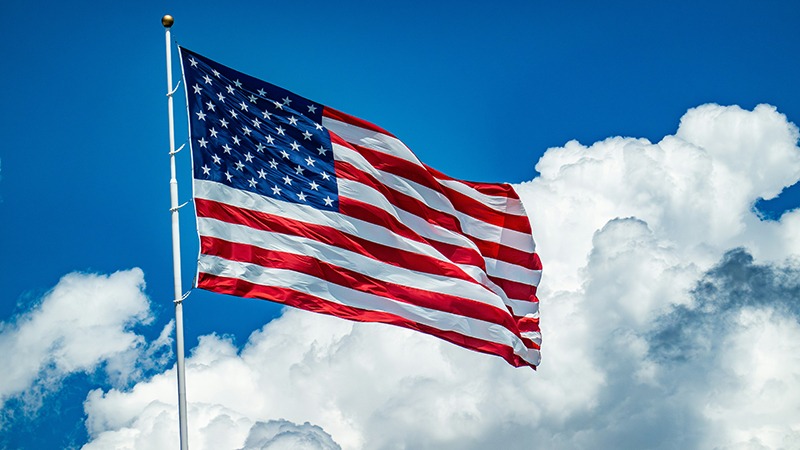Travel
Impact of Trump Election on U.S. Travel and Tourism Unclear

Less airline regulation and easier mergers. But more controls on who enters the U.S.
It’s probably too early to tell how the re-election of Donald Trump will impact the U.S. travel and tourism sector. But the speculation had already begun within hours of the polls closing on 05NOV.
One of the biggest issues could be consumer protection.
The U.S. Justice Department’s Antitrust Division and the Department of Transportation recently announced a broad public inquiry into the state of competition in air travel. The agencies are seeking public information on consolidation, anticompetitive conduct, and a wide range of issues affecting the availability and affordability of air travel options.
Given Trump’s pro-business rhetoric in general, and given his stated dislike for the Department of Justice, it wouldn’t be surprising if he ordered the inquiry to be toned down. Then again, he might want to appear pro-consumer and keep the investigation alive.
Business Travel News suggests that airline mergers could move ahead more smoothly under a new Republican regime than they did under President Joe Biden’s Democrats.
“Airlines, in particular, have been denied in their efforts to join up for close alliances and full mergers over the past four years,” BTN said.
Their story also noted that Trump is less likely to tout environmental improvements than Biden.
“For the travel industry, and airlines in particular, reduction of environmental policies would place fewer demands on the business for cleaner operations.”
One U.S. travel industry expert said he’s worried that U.S. policies will hurt tourism and travel in the States.
“Unfortunately, protectionist US policies are likely to negatively impact travel and tourism, as increased tariffs, stricter immigration laws, and rising travel costs risk deterring international travellers and creating friction with key global markets,” Matt Loney, president and CEO of Xplorie, said in a story posted at Boutique Hotel News. “A focus on ‘Americanism’ over globalism could also limit the appeal of the US for foreign visitors, impacting tourism revenues and complicating international relations, ultimately raising costs for US travellers abroad.”
In a story posted at Travel Weekly, Gary Leff from View From the Wing said Trump’s border control efforts could extend into increased scrutiny of airport arrivals, and the Biden administration’s efforts to reduce visa backlogs may be deprioritized.
“None of that is good for inbound tourism,” he said. “Broadly speaking, more ‘tough talk’ in foreign policy may not be conducive to visa-free travel and reduced tensions overall, which may not be good for travel.”
A general economic boom, which may or may not take place under Trump rule, would certainly help the bottom line of airlines, hotels and others in the hospitality and travel business.
ASTA says its priorities under Trump would be roughly the same as they’ve been under Biden. That means pushing back against a policy that forces ticket agents to repay clients for flight cancellations before they receive those funds from the airline, and fighting a Department of Labor overtime rule that forces agencies and other small businesses to greatly increase salary costs.
There are tons of posts on social media from people saying they won’t visit the US with Trump in power.
Trump was elected in 2016. The next year, visits to the U.S. reached roughly 77.1 million. That increased to 79.4 million by 2019, the last full year before the pandemic hit.
The next few years were a disaster for tourism around the world. But 2023 saw 66.5 million international tourists step over the U.S. border, and U.S. officials expect to reach pre-pandemic levels next year. They also have an ambitious target of 90 million visitors by 2026, which is nearly a 50% expansion from last year.
In the wake of Trump’s relatively easy win at the polls, Global News reports a surge in Google searches for phrases such as “Move to Canada,” and “Moving to Canada.” It’s a fun story, but that happened after Trump was elected in 2016, as well, and there was hardly a flood of cars lined up at the Canadian border.
Even if someone wants to move to Canada from the States, it’s not an easy thing to do. Yours truly moved here from California in 1981 on a fiancé visa, which required my future wife and I to marry within three months of my arrival. I’m not sure that’s a viable option for disgruntled Kamala Harris supporters in New York City and San Francisco.








